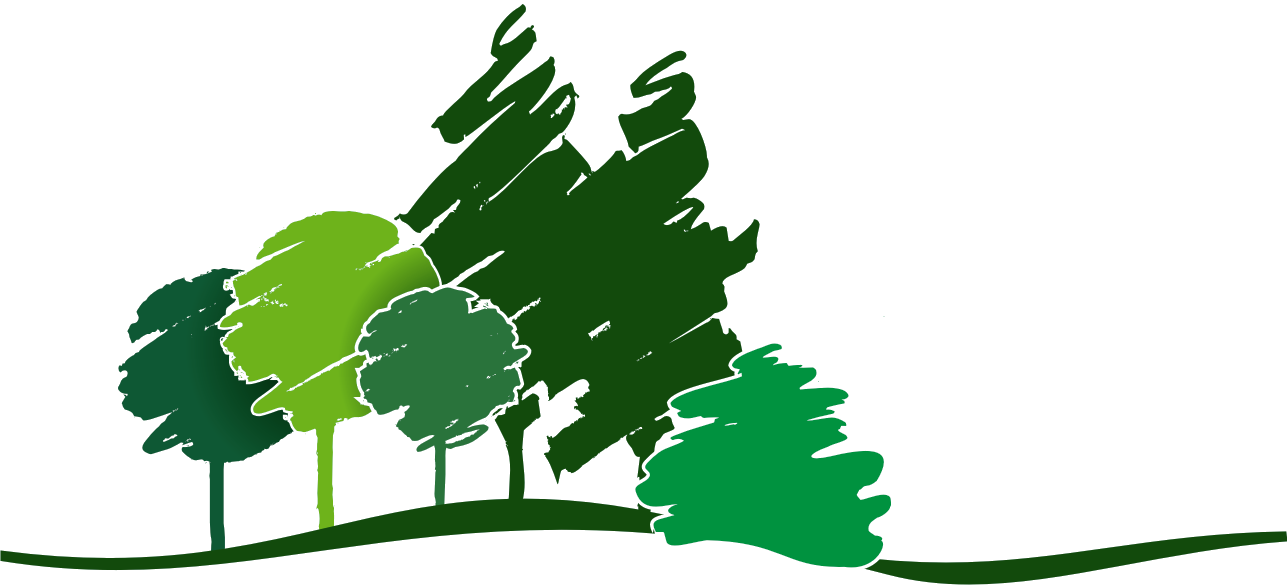If you’ve worked in libraries for any length of time, you may have encountered a discussion about what to call the individuals who use library services. Patrons, customers, and users are the most common. And yet, none of them seems to be quite right, to adequately define the relationship between the library as service provider and the people who benefit from those services. Many libraries have adopted the term customer, perhaps because it aligns with our customer-focused service model.
But language does matter. In his blog post, The Real C-Word is Community, academic and marketing librarian Ned Potter raises a thoughtful point. “When we call people customers, they see themselves as customers – and if I’m your library’s customer I need your library to work for me. For me specifically. I want you to meet all of my requirements even if this creates inequalities with my peers…. This is instantly at odds with the ethos we try and create in academic libraries, which is one of community. While a customer needs the library to work for them, an academic community of library users needs it to work for everyone. Indeed, they need to actively contribute to that process of successfully sharing community space, using community resources, and working towards community ideals.”
Catherine Needham, Professor of Public Policy and Public Management at the University of Birmingham, notes that “The language of customer is individualising. It focuses on what you want to get out of public services, not on the broader collective goals of those services, which are often public in the first place because they are about shared and equal access to a good life.” By referring to individual users as customers, do we create an environment in which library services are viewed as purely transactional in nature? And can we still be attentive to the needs of individuals if we don’t call them customers? Years of struggling to choose the right term to refer to users of library services indicates these are not easy questions to answer. In considering them, we may be prompted to ask even more philosophical questions.
Who does the public library serve? Do we serve any number of individual users or do we serve an entire community? And, if we view the whole community as the library’s customer, does that influence how we think about serving all the individuals within that community? Ned Potter reminds us that “language matters so much. It shapes not just the way we see people, but the way they see themselves.” Food for thought, perhaps, during this Canadian Library Month.

